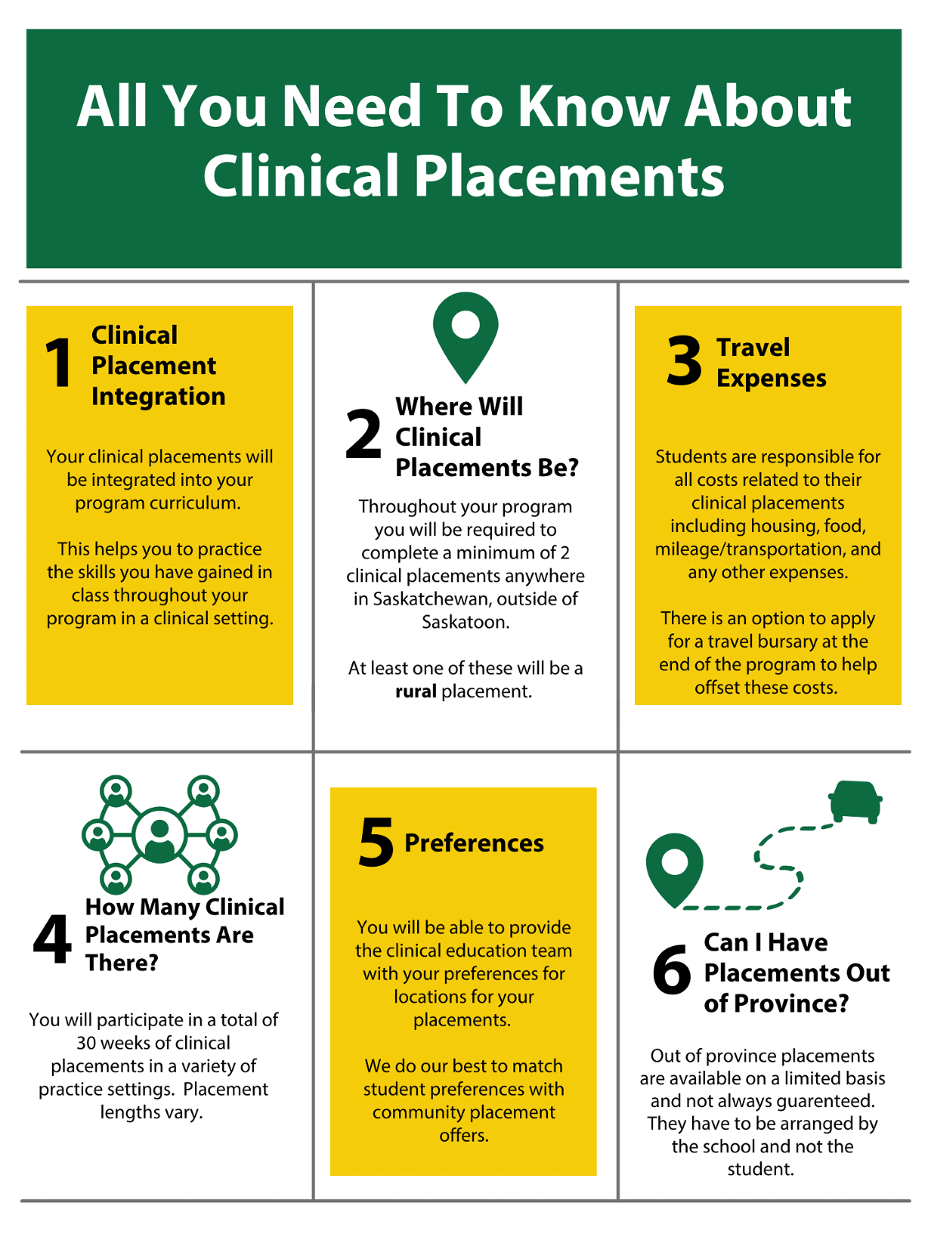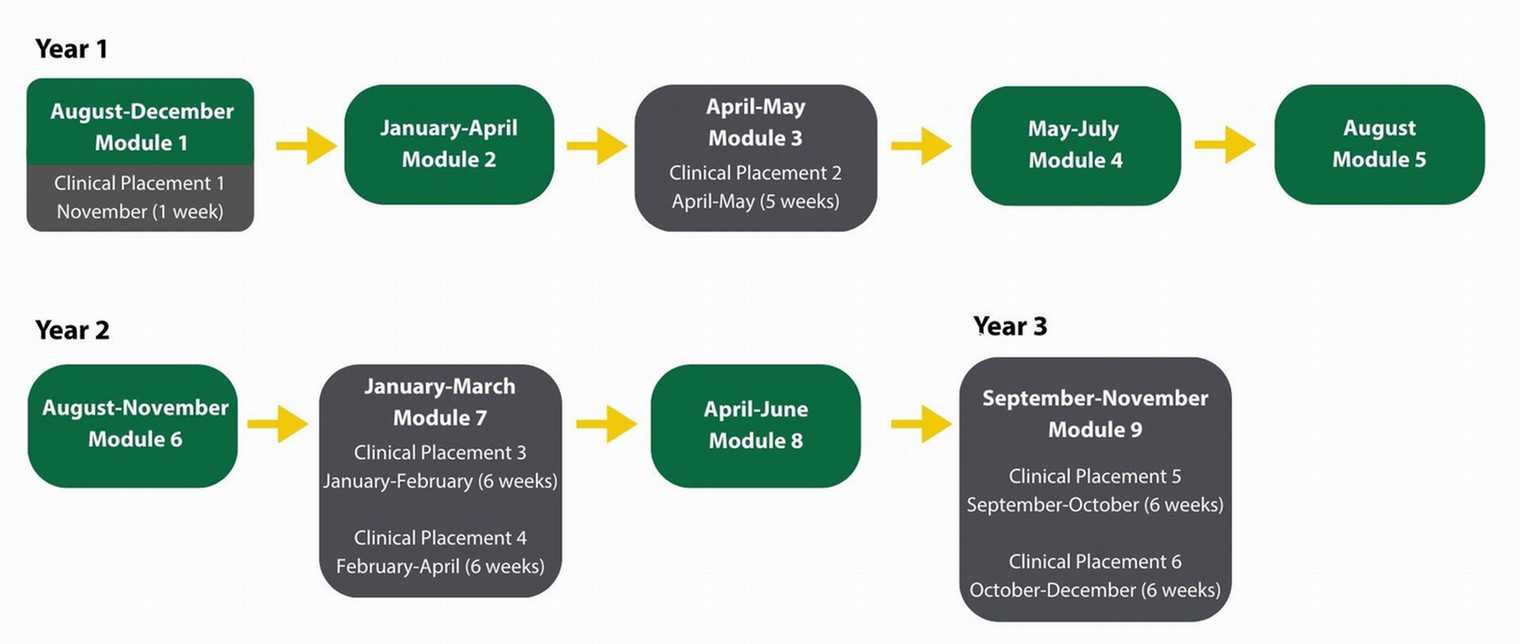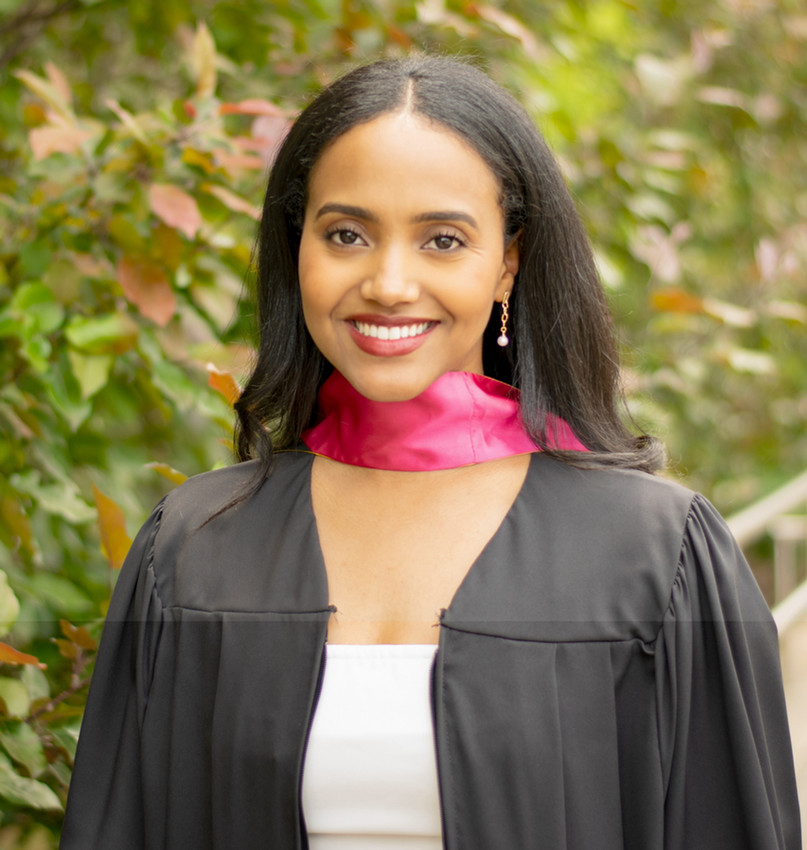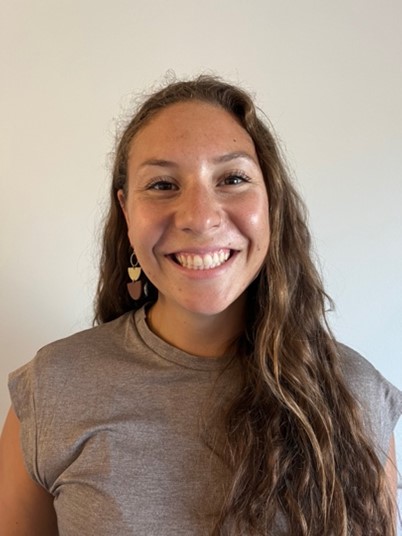Physical Therapy
Canadian Physiotherapy Association (CPA)
CPA is the national professional association; their purpose is to advance the profession of physiotherapy in order to improve the health of Canadians. Membership in the CPA is optional. New graduate physical therapists are eligible for reduced membership rates.
The Competency Profile for Physiotherapists in Canada was developed to describe the essential competencies that physiotherapists must demonstrate upon entry to the profession (for initial registration/licensure) and maintain throughout the course of their careers. These essential competencies must be exercised wherever a physiotherapist practices and in the course of whatever the physiotherapist is practicing.
Saskatchewan Physiotherapy Association (SPA)
The Saskatchewan Physiotherapy Association is the Saskatchewan branch of the CPA; The mandate of the SPA is to advance the delivery of physiotherapy services by promoting excellence in education, research and clinical practice.
Canadian Alliance of Physiotherapy Regulators (CAPR)
CAPR is a credentialling and assessment agency that provides evaluation services on behalf of its Members – the Canadian provincial and territorial physiotherapy regulators (called Colleges). Their key responsibilities include:
- facilitate the sharing of information on regulatory matters among member organizations
- help member organizations fulfill their mandate of protecting the public interest
- administer the Physiotherapy Competency Examination (PCE), a national entry-to-practice standard
Saskatchewan College of Physical Therapists (SCPT)
The SCPT is a self-regulating professional body whose purpose is to serve the public by ensuring safe, competent care from qualified physical therapists. Registration and licensure with the SCPT is mandatory to work as a physical therapist in Saskatchewan.
Physiotherapy Competency Examination
On graduation you will be required to successfully complete a Physiotherapy Competency Examination (PCE) in order to establish eligibility to practice physical therapy in Saskatchewan and many jurisdictions in Canada. For the most update information on what is involved with the PCE, please refer to the Canadian Alliance of Physiotherapy Regulators website.
Master of Physical Therapy (MPT) Program
The Master of Physical Therapy is a full-time program offered over 27 months that includes academic course work and 30 weeks of clinical practicum experiences. The newly refreshed curriculum is based on the National Physiotherapy Advisory Group Competencies for Physical Therapists and consists of nine scaffolding modules of varying lengths. Embedded within the curriculum are six clinical placements, ranging in length, for a total of 30 weeks.
The program has been designed to offer students a high-quality educational experience. Graduates will meet the entry-level requirements to obtain a license to practice physical therapy in Saskatchewan and Canada. Initially, graduates will be able to provide direct client care across multiple settings.
- 55 students are admitted each year
- 8 of these spots are reserved for applicants of Indigenous ancestry
With the MPT Student Research Project program, MPT students may obtain first hand training in research methods under a faculty member's supervision.
Full-time, clinical and associate faculty members are also actively engaged in a wide range of clinically-focused research projects. Several faculty members collaborate with other researchers on campus in a variety of disciplines.

The Master of Physical Therapy program at the University of Saskatchewan has completed the accreditation review process administered by Physiotherapy Education Accreditation Canada (PEAC). PEAC is an incorporated body under the Canada Not-for-profit Corporations Act and operates as the accrediting agency for physiotherapy education programs in Canada. The status of Accreditation — Fully Compliant was awarded for the period until October 15, 2027.
A description of Accreditation Status – Fully Compliant is as follows:
- A program is in compliance with 100% of the accreditation criteria within the Accreditation Standards.
- There are no criteria in non-compliance.
- There could be identified concerns that the program must improve upon and report back about in Progress Reports.
- If progress is not made, the program’s accreditation status could be changed to partially compliant or probationary at any time in the six year accrediation cycle.
Students — Important to Note:
- If a program loses its accreditation status, its students may not be considered graduates of an accredited physiotherapy education program.
- Students must be considered graduates from an accredited physiotherapy education program in Canada in order to be eligible to write the Physiotherapy Competency Exam and be licensed to practice physiotherapy in Canada.
- The program's accreditation status is important to graduating students with regards to becoming licensed to practice physiotherapy in Canada. It is recommended that students contact the Canadian Alliance of Physiotherapy Regulators (alliancept.org) for information regarding the process to become licensed as a physiotherapist in Canada following graduation.
More details regarding the definitions of the levels of accreditation are available at http://www.peac-aepc.ca/english/accreditation/levels-of-accreditation.php or by contacting:
Physiotherapy Education Accreditation Canada
Suite 26 – 509 Commissioners Road West
London, Ontario N6J 1Y5
Phone: 226-636-0632
www.peac-aepc.ca
Clinical Education
Clinical education is the “internship” or “clinical practicum” part of the MPT program. The purpose of the clinical education program is to integrate theory and practice and makes up about one third of the curriculum.
The MPT program includes 30 weeks of clinical placements in both urban and rural settings. Each student should expect to be placed in two or more locations outside of Saskatoon.
Students are expected to cover accommodation and travel costs for placements outside of Saskatoon, which typically last 5-6 weeks each.


"Clinical placements are where a lot of growth happens, both professionally and personally. They push you to communicate clearly, adapt to new environments, and build resilience in real clinical settings. While many placements will feel supportive, others may challenge you in unexpected ways. Those moments are opportunities to advocate for yourself respectfully, and lead with professionalism. Each of my clinical placements played an important role in shaping me as a physical therapist and solidified my decision on why I fell in love with the profession in the first place.
My advice to students: Leave your expectations at the door. You may end up loving placements you were unsure about and finding that others are not a good fit for you, and both experiences matter."
Betty Musfin, MPT Class of 2024

“Clinical placements are where everything started to make sense. They’re where I felt the most comfortable and confident. Seeing the real impact physiotherapists have on people’s lives helped solidify why I chose this profession. School teaches you the theory, but placements remind you of your why.
My advice for students is to go in with an open mind. Patients might look to you for answers, but more often than not, they already know what they need, and the best thing you can do is listen. Be present, stay curious, and remind yourself that you know a lot more than you think.”
Kat Bear, MPT Class of 2025

Frequently Asked Questions
Applications are open from September to December each year.
Attach your unofficial transcripts from all post-secondary institutions you have attended to your application. Failure to include all transcripts may result in disqualification of your application.
At this stage, official transcripts are not required. You will be asked to provide official transcripts if you are offered acceptance.
Re-take prerequisite courses if the minimum average is not obtained.
Take additional courses to bolster your GPA if earlier course grades bring your GPA down.
Practice the CASPer test on-line with their tools.
Events
Loading...
News
Loading...
